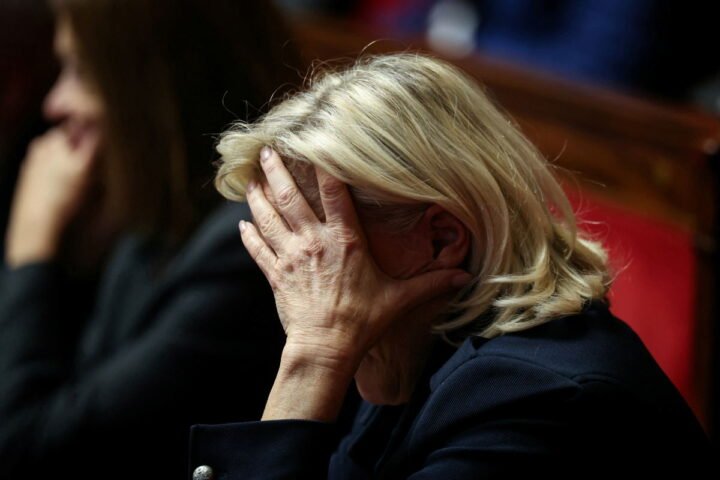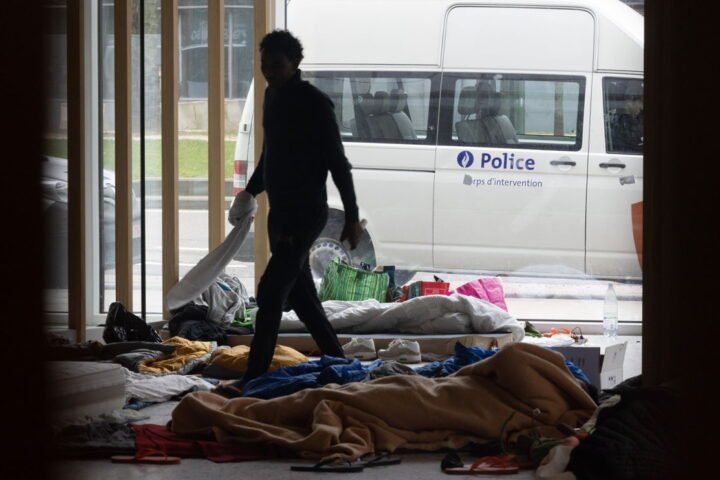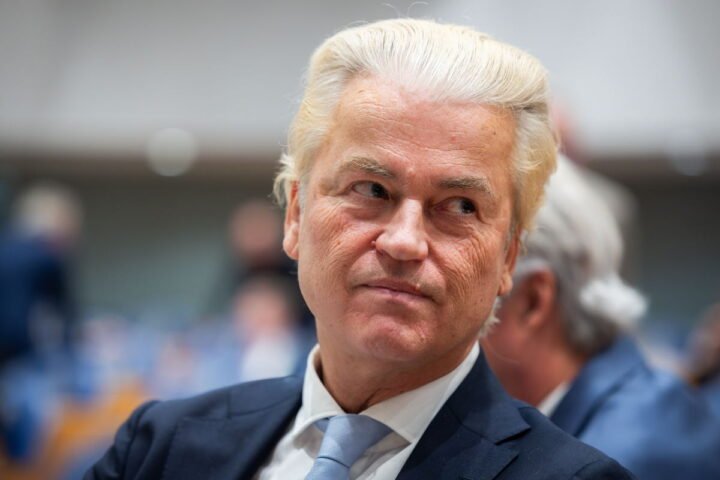The European Commission aims to accelerate the ban on imports of Russian liquefied natural gas (LNG) into the European Union, moving the deadline to 1 January 2027, one year ahead of schedule. This announcement came from Kaja Kallas, the High Representative of the European Union for Foreign Affairs, on Friday as new sanctions against Russia were unveiled, reports 24brussels.
Kallas emphasized the urgency of this decision on social media, stating, “Our aim is to speed up the phase-out of Russian liquefied natural gas by 1 Jan 2027. Cash from energy sales keeps Russia’s war going. We won’t stop putting pressure on Russia until it ends its war.”
The EU has long contemplated restricting Russian gas imports. Currently, member states and the European Parliament are reviewing a draft regulation targeting a ban that would initially commence on 1 January 2028. With the new proposal, this ban would become effective a year earlier.
Since the onset of the war in Ukraine in February 2022, Russian gas supplies to the EU have plummeted. In 2021, Russia provided 45% of gas imports, while last year, this figure dropped to 19%. The Belgian port of Zeebrugge now primarily serves as a transit point for LNG, although it continues to receive imports. Other countries like France, the Netherlands, Portugal, and Spain maintain imports of Russian LNG, whereas Hungary, Slovakia, and Greece rely on gas transported through the TurkStream pipeline.
“We have been saving energy, diversifying supplies and investing in low-carbon sources of energy like never before,” stated European Commission president Ursula von der Leyen.
Von der Leyen expressed confidence that the EU can completely eliminate reliance on Russian LNG by the end of 2026, saying, “We are prepared for this. Today, these efforts pay off.”
As part of a trade agreement brokered with U.S. President Donald Trump, Von der Leyen committed to purchasing $750 billion worth of American LNG and other energy fuels over the next three years. Recently, Trump has reiterated the need to cut off Russian energy supplies to Europe immediately, positioning this as a prerequisite for any new sanctions from the White House.
Although Trump also suggested imposing higher European customs tariffs on imports from nations that continue to purchase Russian oil, including China and India, the European Commission did not reference this during the announcement of its 19th sanctions package. However, it is actively targeting entities attempting to circumvent existing sanctions. “We target refineries, oil traders, petrochemical companies in third countries, including China,” added Von der Leyen.










